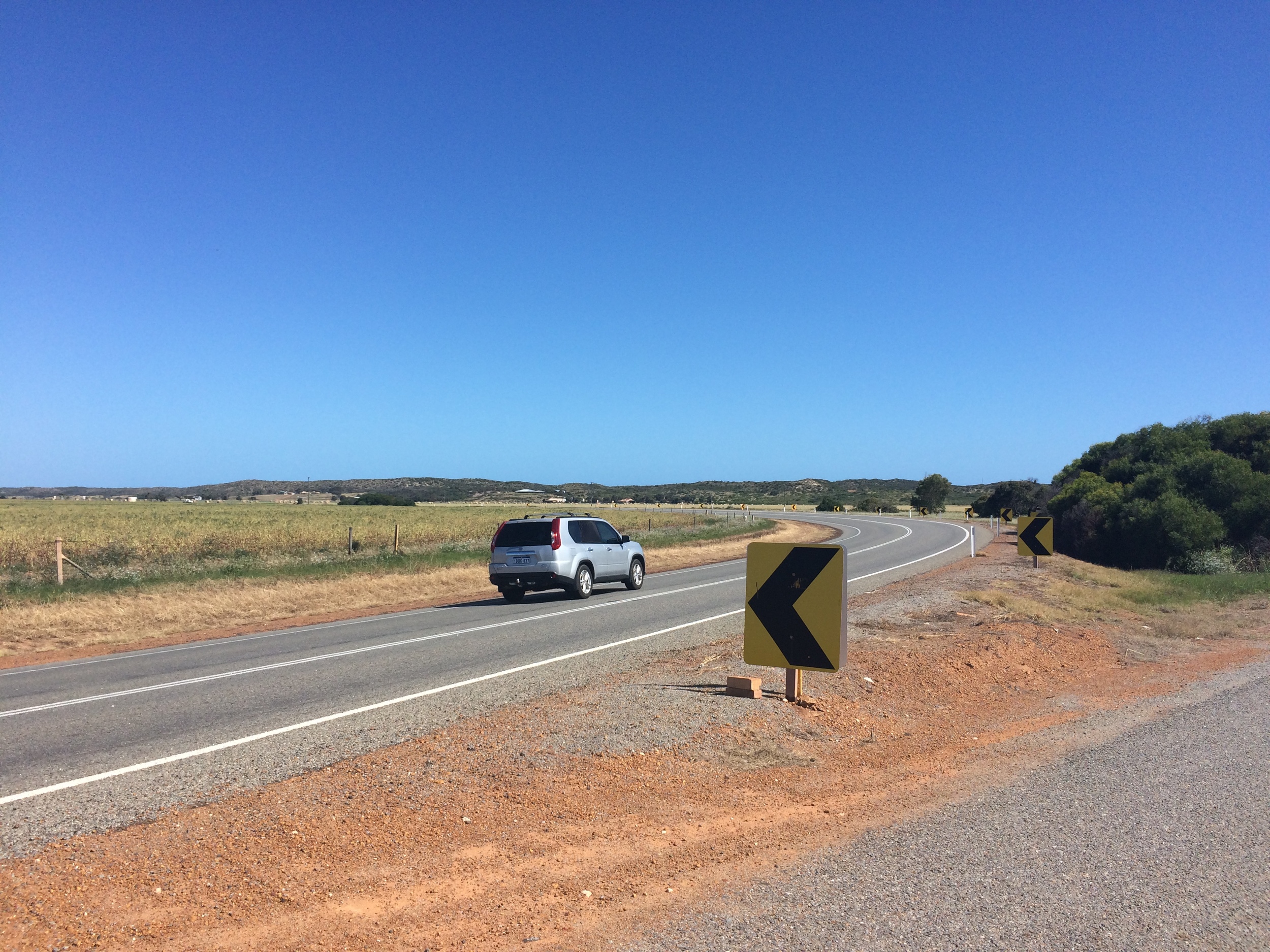Budget cuts to local organisations were a conversation point at today’s crime forum held at the QPT.
The forum, hosted by Federal Member for Durack Melissa Price, went ahead despite Federal Minister for Justice, Michael Keenan, unable to attend due to overnight raids in Sydney.
Ms Price was joined by the City of Greater Geraldton Manager Community Law and Safety Konrad Seidl, Police Superintendent Andrew Greatwood, Senior Sergeant Martin Haime and Commander Murray Smalpage.
Today, Ms Price said the Coalition Government had delivered on its commitment to address crime and anti-social behavior with $440,000 announced for CCTV footage around Geraldton including the Esplanade, HMAS Sydney II Memorial and Car Park 5 on Sanford Street.
But not everyone was pleased about the approach.
Jenny Allen from the Geraldton Regional Community Education Centre said more money needed to be put into early intervention programs rather than have the focus on catching criminals.
“CCTV is about catching people but the programs we offer are about early intervention,” she said.
“We really need some focus on that in Geraldton.”
Some youth focused programs delivered by the Geraldton Regional Community Education Centre will not go ahead next year due to Federal Government budget cuts.
“Unfortunately it has been a really tough week for me, because I’ve had to tell a number of our staff that they won't have jobs next year - these are our youth workers,” Mrs Allen said.
“And that’s because of cuts in funding, particularly Federal Government funding into youth programs.”
In earlier talks in the forum, Midnight Basketball had been discussed as one of the City’s most successful programs for youth and crime prevention.
However, with Federal budget cuts many of those who were involved in Midnight Basketball will no longer be part of the program.
“The success of Midnight Basketball is partly due to 4 of our staff who are paid to go and support the program and a number of those staff members will not have a job next year,” Mrs Allen said.
“We will continue as an organization but I am concerned about those particular funding cuts and for example, Midnight Basketball, you’ll have 4 less staff there to support that next year.”
Ms Price said she agreed with Mrs Allen and that she was still fighting that battle.
“In terms of youth connections, I’m really disappointed that that money was cut, and as Jenny knows, I’ve written to the state Government and I’ve also written to my federal colleague to ask for at least to have that extended,” she said.
“And it may be too late for the people Jenny unfortunately had to let go, but I’m still fighting that particular one.
“I’m very concerned about young people in Geraldton, and listening to Conrad talk about the great work that the Council is doing, it’s a real shame to think that those sorts of programs will be affected.
“I haven’t given up, I do acknowledge the work that Jenny and her team do, it is an issue and unfortunately money is too tight to mention at the moment.
“I don’t want to get political, and I won't, but we are doing the best that we can considering the circumstances, but there is no doubt that it is an issue and as I said today on radio today, education, education, education is what we need to give young people, and I know Jenny was providing a great service for those kids who didn’t fit the main stream model and to give them some skills for them to go out and get a job give them something worthwhile to do with their lives.”
Local resident Michael Warner gave his opinion on the issue saying there wasn't enough early intervention with youth and crime.
“I don’t want to get into Indigenous youth or Caucasian youth but I have to agree – what are we doing to mitigate the crime before it even starts?” he said.
“It seems to me that what we have is faginism, what we have are people that preying on disadvantaged youth and disengaged youth. Why do we have them? Because the federal government has ripped so much money out of programs that we can’t cope anymore.
“The Police are doing the best job and I congratulate the Police on the high profile that they’ve made in the last 6 months, but I really would like an answer to this – what are we doing about engaging the families and getting them to accept the responsibility of their children, because after all, that is one answer.”
Ms Price went onto reply that money wasn't the answer.
“I know that the Prime Minister has a personal commitment to improving the lives of Aboriginal people, and going through the numerous programs, community groups, non-community groups, we all know there are hundreds of them costing all of us, Indigenous and non-Indigenous people, billions of dollars so guess what? Money wasn’t the answer,” she said.













